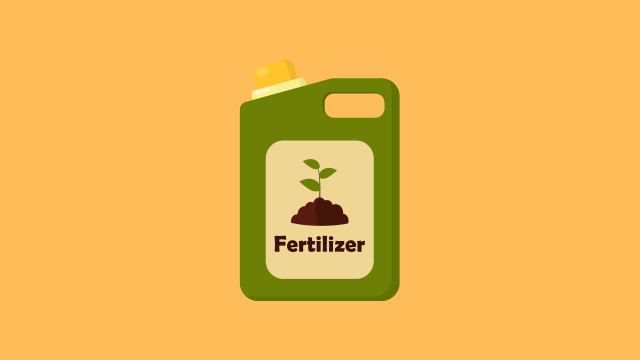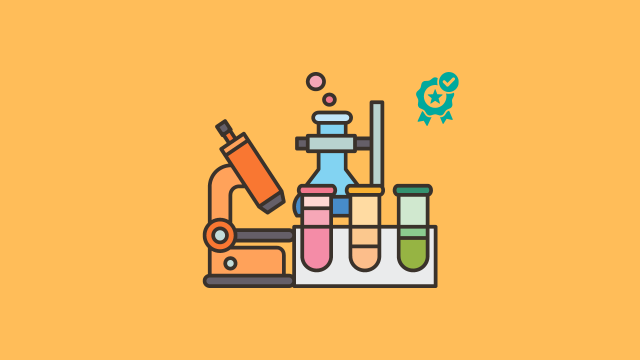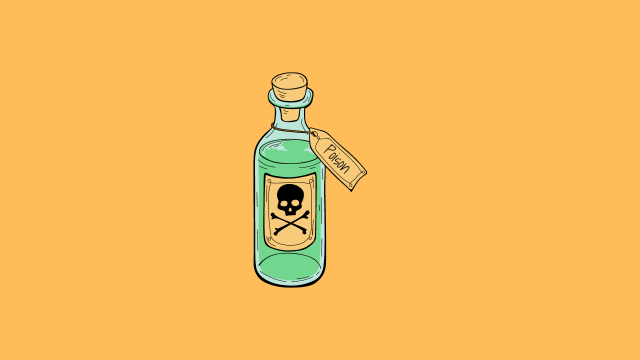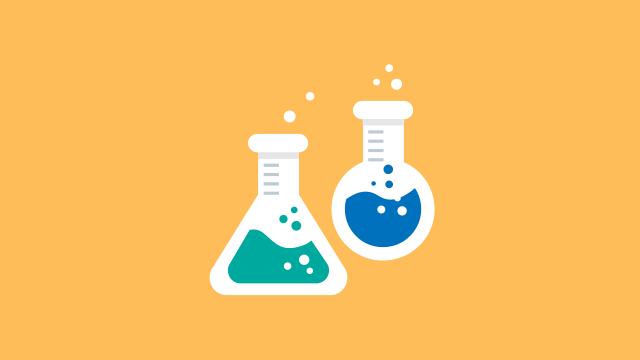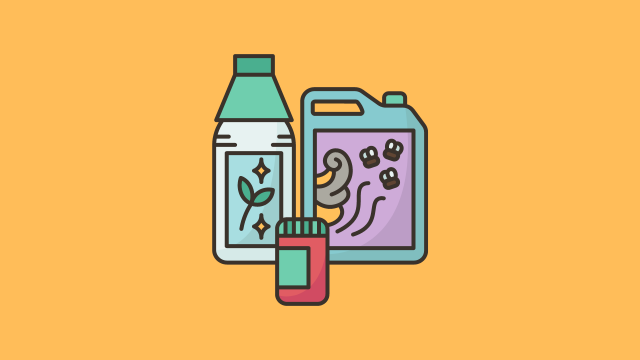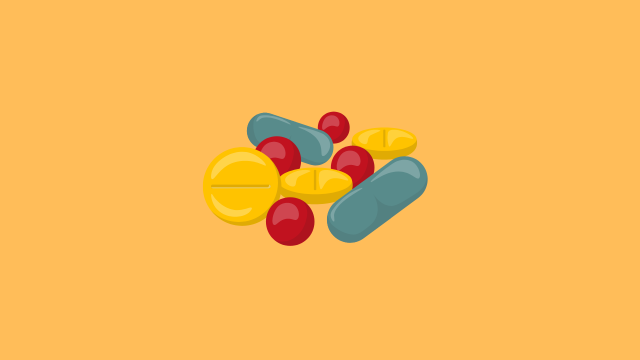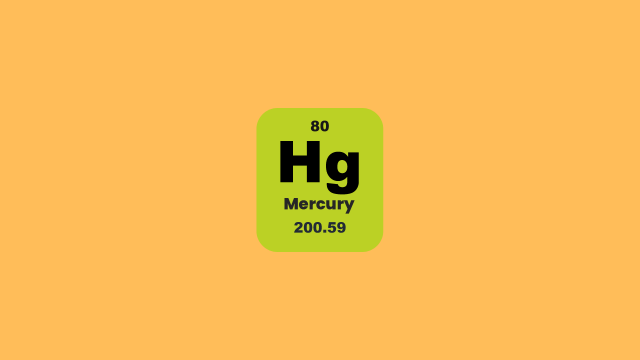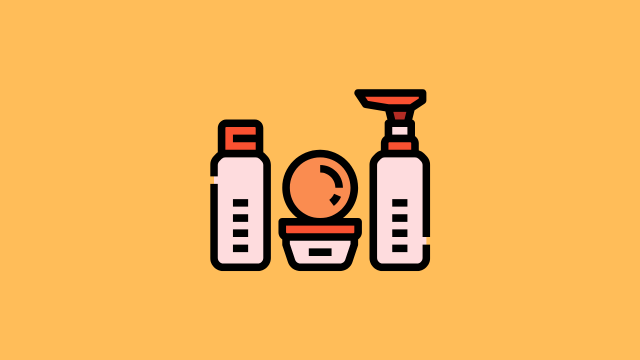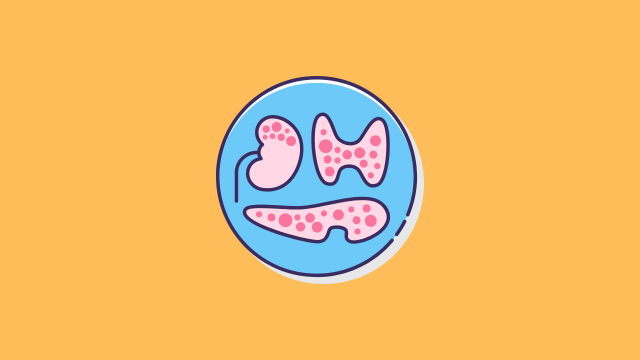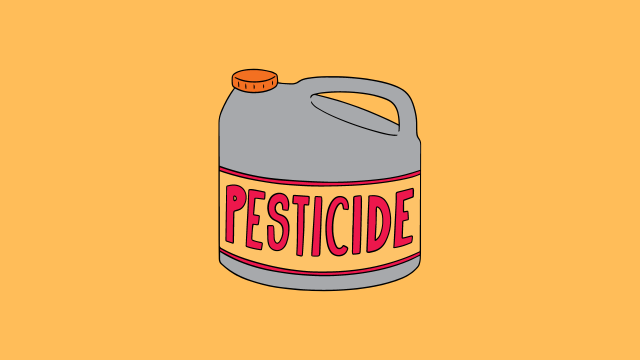|
Brussels, |
|
European chemistry in figures
- €519 billion EU sales
- 44.8€ billion of trade surplus
- 1.4 million of employees
In January 2023, the European Commission outlined an ambitious plan for the chemical industry's transition, incorporating efforts to enhance competitiveness, innovation, and regulatory improvements. This pathway, devised in collaboration with EU countries, industry stakeholders, NGOs, and others, is designed to guide the chemical industry towards sustainability and digitalization, emphasizing its pivotal role in Europe's economy and its significant environmental footprint.
The transition pathway presents a framework for action, highlighting the necessity of competitiveness and innovation for the sector's evolution. It recognizes the industry's energy intensity and the need for supportive climate change policies. The Commission is fostering structural changes within the industry, promoting clustering and smart specialization strategies to spur significant investments.
Regulation plays a critical role in maintaining a balanced playing field for the industry, ensuring health and environmental objectives are met while enhancing the EU chemical industry's global competitiveness. This involves a fitness check on relevant legislation (excluding REACH) to streamline regulatory frameworks, alongside initiatives to assess the cumulative costs of EU legislation on the sector's competitiveness. The REACH REFIT evaluation and discussions from the high-level conference on 'EU chemicals policy 2030' are among the efforts to review and adapt chemical legislation and policies.
The pathway also underscores the importance of innovation, with the chemical sector leading in developing new materials and technologies that address societal challenges and support other economic sectors. Support for SMEs, guidance on regulation, and fostering industrial cooperation are pivotal. Innovations in nanotechnologies, materials, and bio-based products are highlighted as key to achieving technological breakthroughs and sustainability goals.
Resource and energy efficiency are identified as areas where the chemical industry can significantly contribute to the EU's environmental and economic objectives. Initiatives under programs like SPIRE and Horizon 2020, and collaborations in the bio-based industry joint undertaking, are aimed at enhancing efficiency and developing new business opportunities within a circular economy framework.
Overall, the Commission's integrated approach, through the transition pathway and broader regulatory and innovation-focused actions, seeks to secure the chemical industry's sustainable, competitive, and innovative future, supporting the EU's green and digital transition.
The transition pathway presents a framework for action, highlighting the necessity of competitiveness and innovation for the sector's evolution. It recognizes the industry's energy intensity and the need for supportive climate change policies. The Commission is fostering structural changes within the industry, promoting clustering and smart specialization strategies to spur significant investments.
Regulation plays a critical role in maintaining a balanced playing field for the industry, ensuring health and environmental objectives are met while enhancing the EU chemical industry's global competitiveness. This involves a fitness check on relevant legislation (excluding REACH) to streamline regulatory frameworks, alongside initiatives to assess the cumulative costs of EU legislation on the sector's competitiveness. The REACH REFIT evaluation and discussions from the high-level conference on 'EU chemicals policy 2030' are among the efforts to review and adapt chemical legislation and policies.
The pathway also underscores the importance of innovation, with the chemical sector leading in developing new materials and technologies that address societal challenges and support other economic sectors. Support for SMEs, guidance on regulation, and fostering industrial cooperation are pivotal. Innovations in nanotechnologies, materials, and bio-based products are highlighted as key to achieving technological breakthroughs and sustainability goals.
Resource and energy efficiency are identified as areas where the chemical industry can significantly contribute to the EU's environmental and economic objectives. Initiatives under programs like SPIRE and Horizon 2020, and collaborations in the bio-based industry joint undertaking, are aimed at enhancing efficiency and developing new business opportunities within a circular economy framework.
Overall, the Commission's integrated approach, through the transition pathway and broader regulatory and innovation-focused actions, seeks to secure the chemical industry's sustainable, competitive, and innovative future, supporting the EU's green and digital transition.
Legislative Activity
Chemicals Strategy
Fertilisers
Good Laboratory Practice
Poison Centres
REACH
CLP
Animal Testing
Detergents
Explosives
Pyrotechnic articles
Drug precursors
Mercury
Cosmetics
Endocrine disruptor
Pesticides
Source: European Union, http://www.europa.eu/, 1998-2024
|
Brussels - Milano - Nice - Tokyo
|
eEuropa Belgium
Avenue Louise, 367 1050 Brussels BELGIUM Bld. Franck Pilatte, 19 bis
06300 Nice FRANCE YONO HOUSE 9-1 KAMIOCHIAI, SAITAMA-SHI, SAITAMA-KEN 〒 338-0001 JAPAN Via S. Veniero 6 20148 Milano ITALY |
All rights reserved - © Copyright eEuropa Belgium 2020-2024



